Startup Success Strategies: Chat Experts at Startup World Cup Austria 2025
- Startup Success Strategies: Chat Experts at Startup World Cup Austria 2025
- Meet the Startup World Cup Fireside Chat Speakers Discussing Startup Success Strategies
- Passion Driven Entrepreneurship – Start with a Problem You Care About
- Why Founders Must Work Harder Than Ever and How to Find Product Market Fit
- Why Startup Founders Must Be Their Own Biggest Evangelists
- Strategic Partnerships for Startups: Why Founders Must Think Beyond Local Markets
- Avoid the Unicorn Trap – Why Realistic Exits Win
- Startup Funding Tips: The Power of Building an All-Star Startup Team
- Final Advice for Founders: Passion and Grit Matter
- Accelerators and Programs to Boost Your Startup
- Getting Comfortable Being Uncomfortable
- Additional Startup Questions After the Fireside Chat
- Raising Capital Outside Traditional VC
- Startup Success Strategies in 2025 – Key Takeaways from Vienna’s Startup World Cup
Startup World Cup Austria is the largest global startup competition hosted annually by Pegasus Tech Ventures. The final of the 2025 competition took place on May 12 as part of ViennaUp. The teams competed for the financial prize of $1 million and exclusive mentorship from the leading business experts.
As a part of the event, the fireside chat took place, including such guests as Kal Deutsch, Gregory Gorman, and Susan Giesecke.
Meet the Startup World Cup Fireside Chat Speakers Discussing Startup Success Strategies

Kal Deutsch. An international lecturer and business coach. Mr. Deutsch is one of the co-founders of the startup accelerator project “Silicon Valley in Your Pocket.” He also held executive positions in a wide array of companies, from top Fortune 100 to small startups.
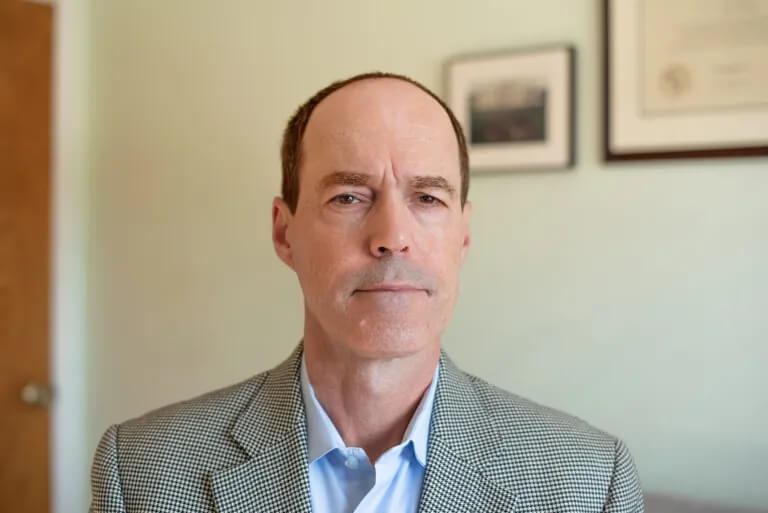
Gregory Gorman. Gregory Gorman is a veteran in mobile and wireless strategy, advising startups and global companies on international business development, GTM strategies, and fundraising—most recently in the SportsTech space with clients like Xperiel and PlayTally. He co-founded the Mobile 2.0 Conference to spotlight early-stage mobile-first innovators such as Twitter, Twilio, and Waze.

Susan Giesecke. Susan Giesecke is an experienced Global Engagement Director with a strong track record in international and U.S. higher education. She brings expertise in curriculum development, international education, teacher training, and public speaking. Susan holds a Master’s in International Communication and is passionate about building global academic partnerships.
Passion Driven Entrepreneurship – Start with a Problem You Care About
James Langer (Moderator): “What’s the advice that you give to young founders?”
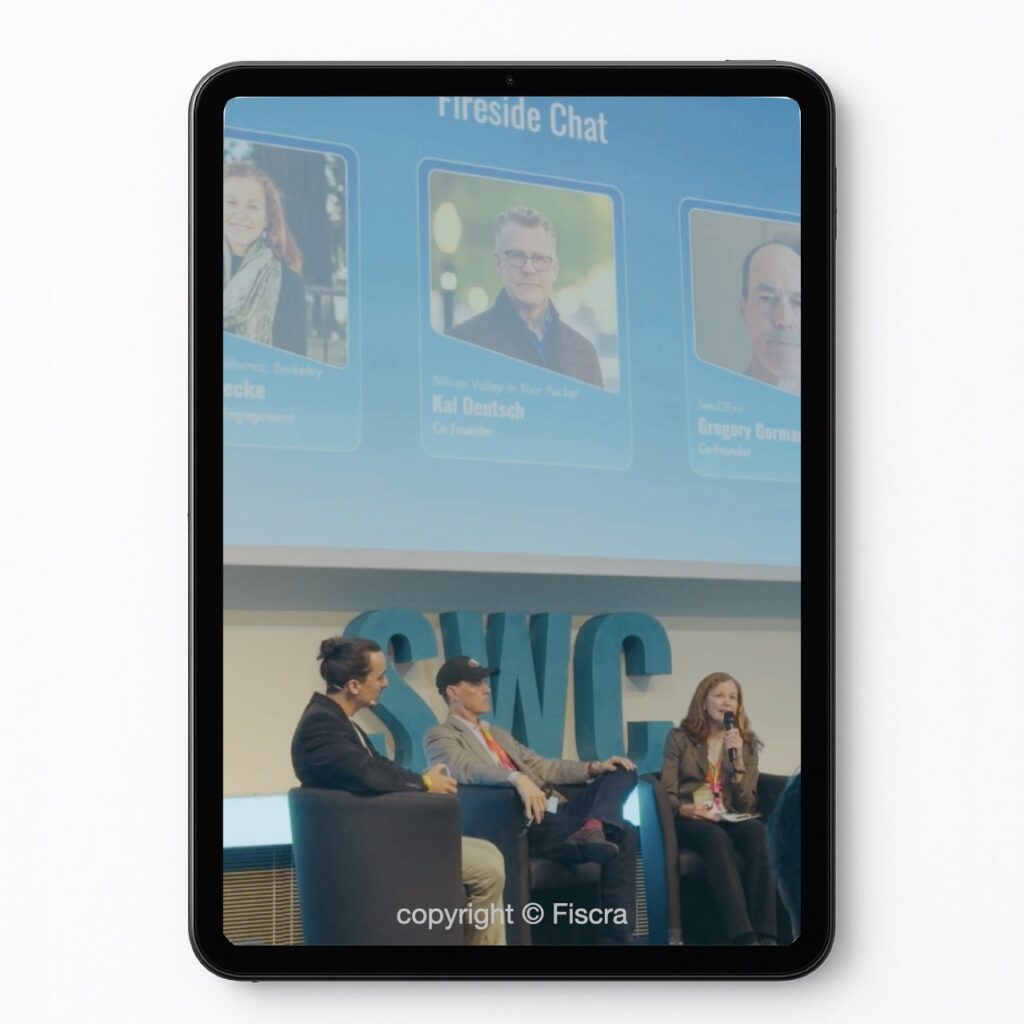
Susan Giesecke: “I think what keeps me motivated and excited about what I do is seeing young people who are incredibly passionate. What is it that keeps you up at night, the problem in the world that makes you angry, that makes you sad, that you can make a difference in? That you’ve done something to change the world.
Because at the end of the day, if you don’t get funding, you’re going to wake up the next morning and go: “Okay, I haven’t solved it yet, I’m going to stick with it.” I see some of the best founders have had personal experience with the problem they’re trying to solve. We have a real dynamo founder right now with a company that is looking at helping fire and disaster recovery, and it’s because her home was burnt in one of the California fires, or somebody who’s working on an Alzheimer’s solution because her grandmother has Alzheimer’s. So, something that’s super personal that you’re passionate about that keeps you going.
James Langer (Moderator): “I think it’s not just about that, and maybe we can join in here. It’s also about different business models for different funding mechanisms and different personal values. Maybe you are trying to exponentially grow a company, in which case it needs to get a lot of money. Others want steadier growth and a profitable business.”
Kal Deutsch: “Yeah. Well, just sort of expanding on what Susan said about the problem – always start with the problem. Sometimes, engineers or students will start with a solution in search of a problem. This is not good. But even to start with, the problem is not enough. You have to make sure that the value created exceeds the incremental cost of delivering that solution. That’s one of the things that’s missing often. We strongly emphasize customer discovery, research a lot, even before you start building something, but make sure that there is some indicator, not in your voice, but in the voice of your dream customer, saying: “Yes, I would pay X.” And you can demonstrate that it has a profit margin above your cost.
And just to remind ourselves, of those 90% that fail, 80% of those fail because of either product market fit or some dynamic on the team. So, we even kind of isolated two things. What are the leading drivers of failure? So, isolating those and working on those are key.”
Why Founders Must Work Harder Than Ever and How to Find Product Market Fit
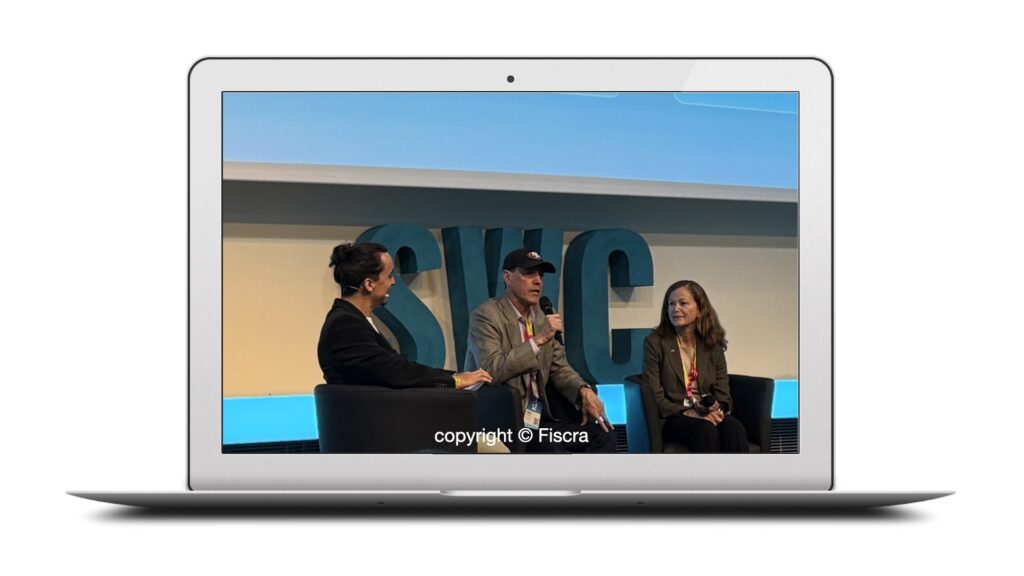
Gregory Gorman: “Here’s what I’m saying – you’re competing against people in Asia and the United States. Doing a startup is a way of life, ladies and gentlemen. This is not a game. If you’re not spending 60 hours on your business, then do this: become a professional windsurfer and go to cottages or do whatever you want to do.“
Why Startup Founders Must Be Their Own Biggest Evangelists
Gregory Gorman: “Second, if you’re not passionate about your company and you’re not telling everybody about your company, then you shouldn’t be doing the startup because you’re the evangelist. You’re the marketing team. You’re the visionary. And if you don’t believe in what you’re doing, then why would anybody else believe in it?”
Strategic Partnerships for Startups: Why Founders Must Think Beyond Local Markets
Gregory Gorman: “One last point. As an investor, I see a thousand decks a year from all over the world. You’re competing against people in Malaysia, Singapore, and South Africa. You’re competing globally. You have the best and the brightest people. And guess what? In certain parts of the world, mostly Asia and the United States, it’s not a crime to work all the time.”
Avoid the Unicorn Trap – Why Realistic Exits Win
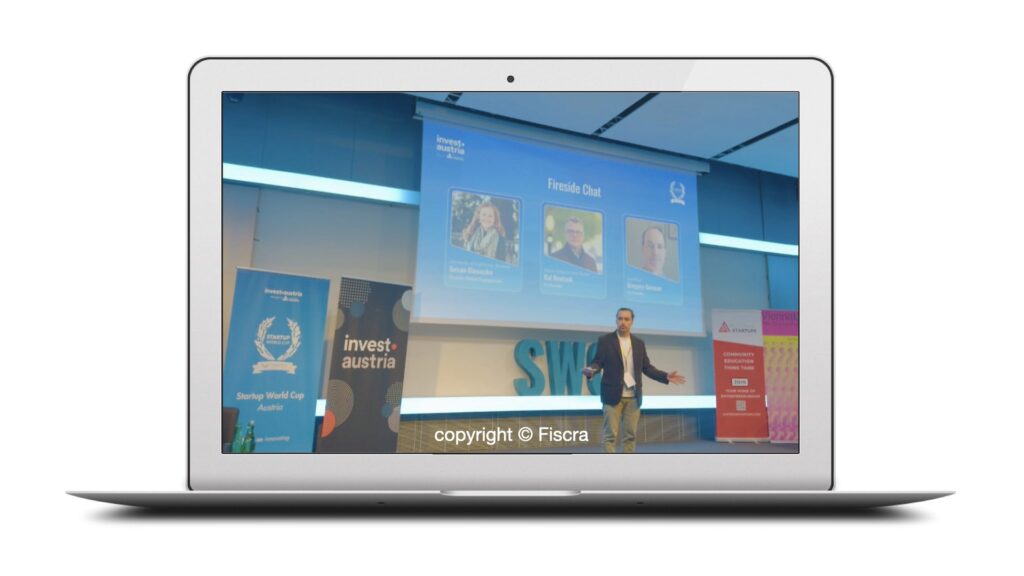
James Langer (Moderator): “Interesting. Especially with the room here. I’m curious, do you agree that this is necessary, or is that also part of the VC mentality? Is there a way in which you can also build a profitable company, looking for maybe a smaller exit without that kind of pressure? I’m challenging.”
The Hidden Risks of Chasing Billion-Dollar Valuations
Kal Deutsch: “Yeah, I would say ‘yes’. I know a lot of people who have—kind of called lifestyle businesses. But I’ve seen too many cases of the opposite. For example, Vandal was just in the news, and they kind of recounted how the founders lost control of the board. And the board basically sold the company for $465 million. And the founders walked away with zero. And that company is worth $20 billion now.
So the question is, do you want to take the long journey and end up with probably single-digit percentage ownership of a unicorn? Or do you want to grow something to a nice 10, 20, 30 million in revenues and still own more than 50 percent?”
Why Most Exits Are Under $100M and That’s Okay
Gregory Gorman: “Don’t do unicorns*. Ladies and gentlemen, I’ve made money. I made two unicorns, but they were in a different environment. They were unicorns because the enterprise customers bid for the company.
________________________________
*Author’s comment: Unicorns are companies valued at $1B+. Read about startups’ valuation here.
If you want to build a business, focus on building a $100 million exit business, because unless you’re a genius, your chances of making a unicorn are less than being struck by lightning. So forget that unicorn BS, it has nothing to do with the model of A16z** and Excel, and, to some extent, being invested.
________________________________
**Author’s comment: A16z, short for Andreessen Horowitz, is a well-known Silicon Valley venture capital firm.
What you should be doing is creating a realistic exit. A realistic exit is that 90 percent of all the exits worldwide are less than 100 million, and half of them are not published. Therefore, if you raise more than 5 million, then you’re already in trouble. Build a business that can succeed on $5 million. Okay, maybe seven, and then most importantly, you’d better build an all-star team.”
Startup Funding Tips: The Power of Building an All-Star Startup Team

Gregory Gorman: “If you don’t have a team like PSG, Barcelona, or Real Madrid, you’re in big trouble because somebody does. You buy, you steal, you find a way, you offer people things, you give them stuff—you do whatever it takes to get people into your company. And how do you get people into your company? Because you believe in it.
Build because you believe in it! Remember that Yahoo in 2000 was Google. Everybody wanted to work at Yahoo. We had lines of people at the door. That’s what you want to do. You want to build a company where everybody wants to work with you because you’re building the future, and you’re building something memorable, and you’re passionate.”
James Langer (Moderator): ”So, attack the problem, be passionate, and maybe don’t always shoot for the moon. Be realistic, be sustainable.”
Final Advice for Founders: Passion and Grit Matter
James Langer (Moderator): “I’d like to give everybody just a few moments for any final words for the founders and the audience. What’s your advice? We can go with Susan first.”
Susan Geisike: “I would echo that at Berkeley, we focus on your passion and your grit. The team is critical. As Kal mentioned, go out and talk to customers, talk to people in the coffee line, and share your idea. They’ll give you input to fine-tune what you’re doing. In this panel, we’ve also talked about the diversity of funding*.”
_________________________
*Authors’ comment: Diversity of funding refers to using multiple sources of capital—such as venture capital, angel investors, grants, and revenue—to support a startup’s growth.
Accelerators and Programs to Boost Your Startup
Gregory Gorman: “You should be applying to Y Combinator or Techstars. Those programs award anywhere between $220K and $250K for a very small acquisition. But the most important thing is the network of founders who can become potential investors in your company after Demo Day. If you want to talk about that—and by the way, a small pitch—Sky Deck is one of the best programs.”
Susan Giesecke: “And Sky Deck’s accelerator at Berkeley is full of mentors. You get a lot of great input on your startup.”
Getting Comfortable Being Uncomfortable
Kal Deutsch: “I will add that for the founder, you have to get out of your comfort zone. Be comfortable being uncomfortable. And you have to punch above your weight class to meet with the sophisticated investors, and then just make sure that you are entitled to be in that situation, and deliver tangible results.”
Additional Startup Questions After the Fireside Chat
Post-fireside chat interview and additional questions.
When to Consider Venture Capital for Your Startup
Question: Have the capabilities to scale, then you may jump into the VC part. Is that correct?
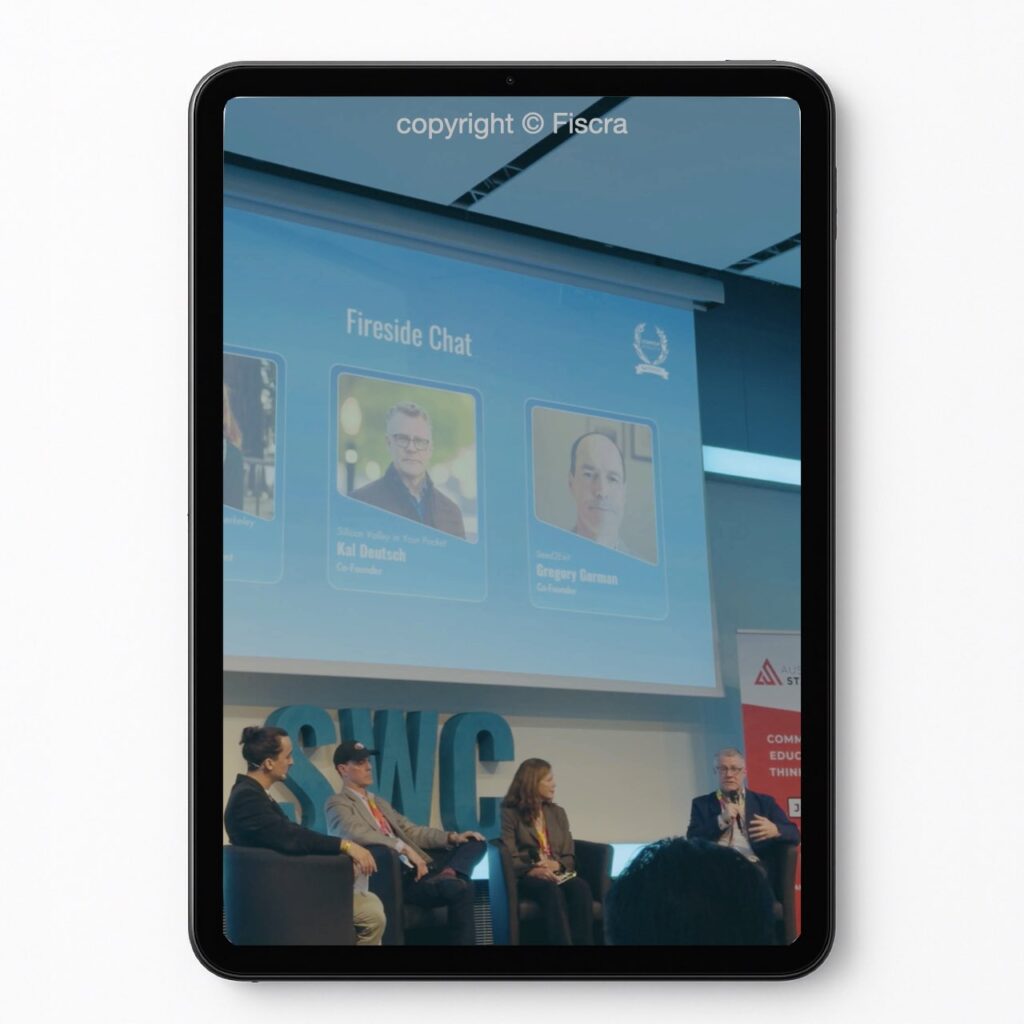
Kal Deutsch: “I just want to make sure everybody’s on the same page. Seed strapping is one way, and I like what you spoke about because many companies are now using AI to be more efficient.
So this is about efficiency early stage—be very efficient. I’m interested, Gregory. You’ve worked a lot with the strategic partnership model. When we look at seed strapping*, it’s about getting efficient very fast on the cost side and then on the revenue side in B2B models.”
___________________________
*Author’s comment: Seed strapping means building and growing a startup with minimal outside funding, focusing instead on efficiency and early revenue generation.
Raising Capital Outside Traditional VC
Gregory Gorman: “I agree on 95% of everything Mr. Deutsch is talking about. I would simply say that if you don’t have your own capital, you may need some capital. I would look at trying to raise a million, but not from VCs, from super angels and other people who have a different set of expectations, and then they become advisors on your board.
Understand The Value of Advisors
The second point is, if you’re doing a B2B company, you have two challenges: how do you scale in an enterprise environment, especially if you don’t have an enterprise sales background? That’s specialized stuff.
I made all my money in B2B, but I worked as a packer. I understood how people who buy enterprise software think, both from a sales side and a buyer side.
Ensure Starting Capital to Join Big Players
Startup Success Strategies in 2025 – Key Takeaways from Vienna’s Startup World Cup
At the Startup World Cup fireside chat, speakers emphasized that successful startups begin with deep personal passion for a real-world problem. Kal Deutsch stressed validating product-market fit through rigorous customer discovery before building.
Gregory Gorman highlighted the importance of grit, building a global mindset, and assembling an all-star team. He advised against chasing unicorns, instead aiming for realistic exits under $100M and learn how to get into Y Combinator.
Susan Giesecke encouraged founders to stay persistent, engage with mentors, and continuously share ideas for feedback. All agreed that success requires dedication, strategic partnerships, and resilience in navigating funding paths tailored to each venture’s goals.
Author’s comment: In addition, don’t forget about the financial basis in your startup financial analysis and valuation.
About the Author
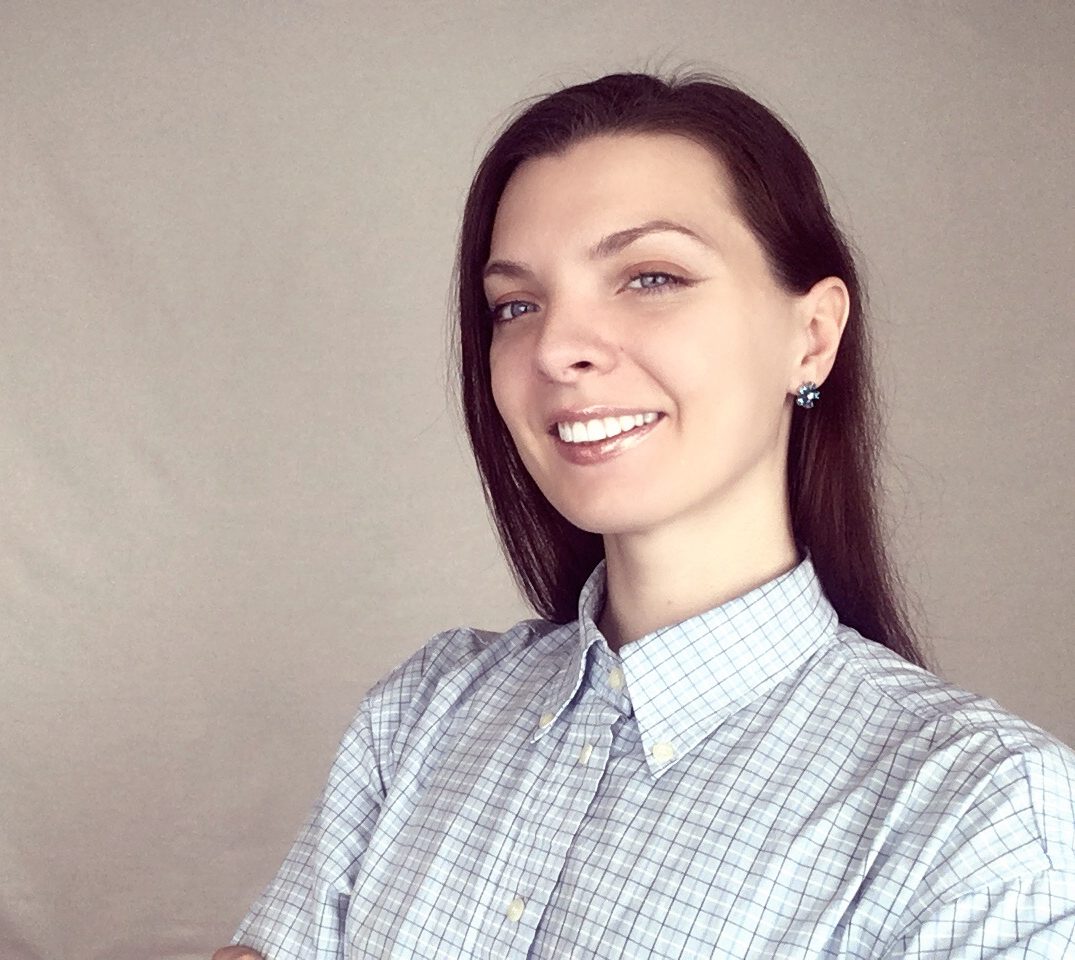
Kateryna Moskovenko
Financial Consultant with 14 years of experience in accounting, management accounting, and financial modeling; Founder of Fiscra; Author of courses and trainings in financial modeling, business planning, and entrepreneurship; prepared more than 50 financial models for startups.
Linkedin
